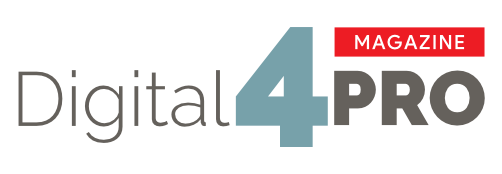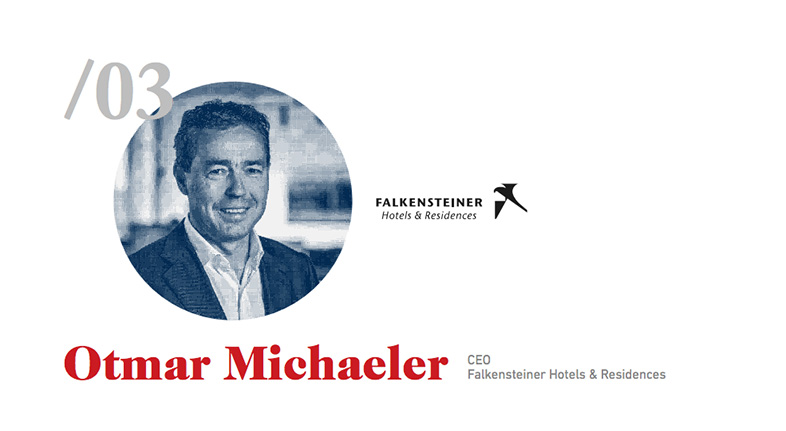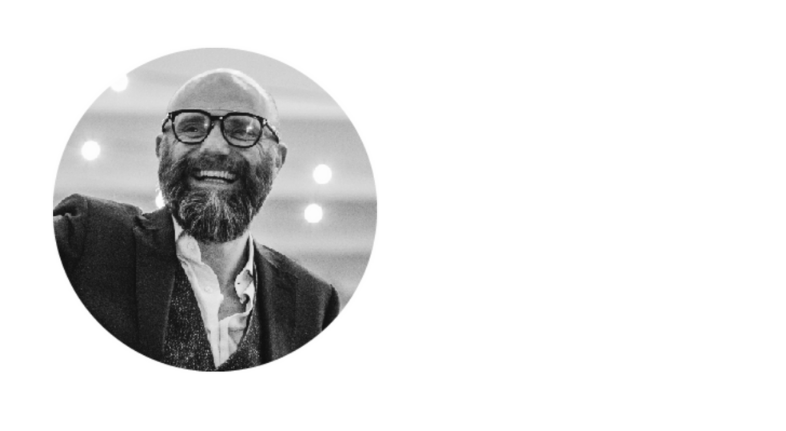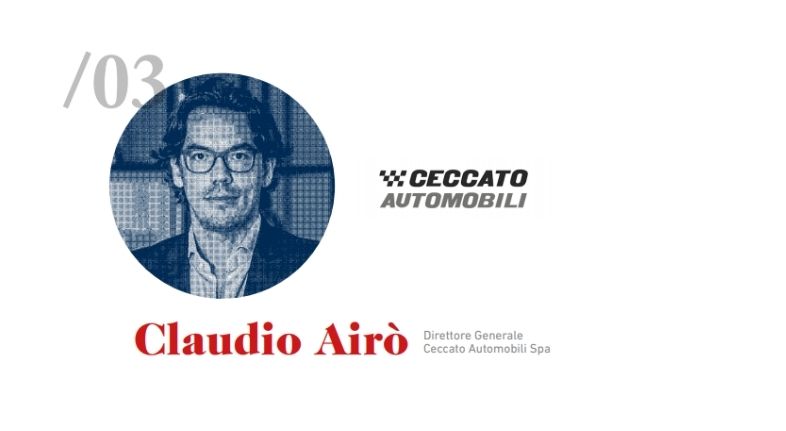- Mail:
- info@digital4pro.com
Tourism sector: Otmar Michaeler, CEO Falkensteiner Hotels & Residences

Settore turismo: Otmar Michaeler, CEO Falkensteiner Hotels & Residences
4 Giugno 2020
Tourism sector: Emanuele Rodeano, President Lignano Sabbiadoro Gestioni Spa
7 Giugno 2020Falkensteiner and the Covid-19 emergency, Phase 2: what is the current scenario for your Group, what are the key issues you are working on in terms of tourism marketing and communications, for implementation in the short term? Will the weight of the levers of price, product, promotion and reputation change in your strategy, compared to the past? If so, how?
The Covid emergency has been indeed a tough test for everyone. The next few months will be crucial to recover and reconfirm the great company we are, as acknowledged by the market for 60 years. The challenge for the next summer season will be to direct tourist flows in a suitable manner and to create content as well as strategies to encourage proximity tourism. After a first phase of extreme transparency towards the customer with respect to the situation, we immediately worked on the safety and reopening of hotels, now moving to invest in marketing and branding activities to increase awareness and consolidate the brand’s reputation in the Italian market. This is the first 2020 target and will remain such for the next few years. As far as promotion levers are concerned, we do not believe that the correct strategy is to lower prices. First of all, because the operating costs will be different, given the anti-Covid health and safety measures. Secondly, because we are convinced that guests would currently be willing to pay a premium price to have in return a safe and quality environment. Right now, reputation is essential because it inspires trust and provides a sense of security. For this reason, we have created an area of the website containing all the information and the main FAQs about our “Safe Hotel” programme, as well as a video with specific procedures for communicating with customers so that they are informed before their arrival at the hotel. Obviously, the product must be adapted to the new demands (hygiene, social distancing and safety, from a psychological point of view too) and to the customers’ new needs (freedom, nature, and service that is as individualised as possible). Over time, we have faced many difficult situations: this has taught us that flexibility is one of the main elements to help us get out of the emergency. That will be equally essential for the coming months.
How has your target market changed, what do you think the trends for 2021 will be and what medium-long term strategies are you planning?
…The challenge for the next summer season will be to direct tourist flows in a suitable manner and to create content as well as strategies to encourage proximity tourism
We can only just start beginning to predict what our post-Covid customer base will look like: a lot will become clear to us only in the coming months. It is likely that people will spend the next holidays in their own country or in a neighbouring one. The feeling of security that is perceived in one’s own country is much higher at this time than abroad – which, anyway, will be possible only when the borders reopen. In the airline industry, one can assume that there will be market consolidation. Furthermore, given the new regulations regarding available space, prices will increase accordingly. This, together with customers’ attention to greater regionality, sustainability, and closeness to nature, will ensure that tourist demand will shift more towards proximity demand.
Facing a scenario that for 2020 is increasingly oriented towards proximity tourism, and thus aimed at a primarily local target, how will you change your communication strategy? How much will you weight keeping loyal customers against attracting new ones?
Investments in the Italian market will be huge, as they were in the strategic plan launched last year: the creation of a Sales and Marketing Office in Milan for this specific market, as well as the allocation of a dedicated budget and a substantial strategic plan. The goal is to establish our market brand by increasing notoriety and reputation. For this summer, moreover, it will be essential for us to move budgets as much as possible towards the Italy-on-Italy market, precisely to encourage proximity tourism and to promote destinations where our hotels are present, namely in Alto Adige, Jesolo, Villasimius, and Calabria.
How do you imagine the hotel service of tomorrow will look like? Do you think that services will be more targeted and will focus on fewer and more selected users? (E.g. breakfast in one’s room instead of in the common room, etc.). You also offer camping services: will they have attractive advantages over those offered by hotels?
Camping or holiday apartments – both part of the Falkensteiner Hotels & Residences offer – are currently in high demand because they offer an even greater sense of security. In general, however, the value of holidays will change, going back to being a small “luxury”. Mass tourism and all-inclusive packages in huge seaside barracks, in our opinion, will not be the right product for the situation we currently face. Quality, services, individual itineraries, and generous spaces for guests will be essential ingredients for the “new” tourism. Our Falkensteiner destinations offer precisely these “new” features that will be increasingly in demand. That is why we believe we are in a very favourable position to emerge stronger from this crisis.
Our communication strategy has always been devoted to digital, for some years now. This is especially fitting for the present moment
Which communication channels will you use for promotion during the reopening phase? Are you planning to keep the same tools you adopted before the pandemic started or will you opt for new channels? What will be the balance between channels that favour more analogue forms of contact (e.g. letters by mail) and purely digital ones?
Our communication strategy has always been devoted to digital, for some years now. This is especially fitting for the present moment. Before arriving at the hotel, guests will be informed of the security measures adopted through dedicated newsletters and a specific area of the website where you can consult exhaustive answers to the most frequently asked questions. As for the arrival of guests at the hotel, we have created guidelines to avoid gatherings as much as possible. This is through the use of applications that allow for online check-in, room calls to communicate the main information about the structure in question (e.g. opening hours, opening and closing times for certain services), or a dedicated WhatsApp number that allows you to communicate with the hotel staff at any time. All are tailored to the customer, to allow him to spend that perfect and carefree holiday he deserves after a difficult period like the one we are facing.




